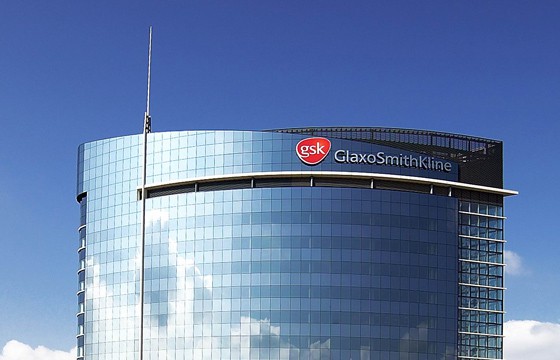
UK Biobank’s pool of data and samples from half a million anonymous patients will be harnessed in a new project backed by pharmaceutical companies GlaxoSmithKline and Regeneron.
The Biobank project has been several years in the making and is intended to discover why some people get illnesses like heart disease, stroke, cancer, dementia and arthritis and others do not, and help discover new treatments. It is following the health and wellbeing of its volunteer participants and provides health information to approved researchers from both academia and industry.
In a statement, UK Biobank said the new agreement with GlaxoSmithKline (GSK) and Regeneron “could usher in a new era of drug development for a wide range of diseases” and should be able to generate the first data within a year or so.
The pharma companies will get access to the samples for free, covering the cost of sequencing and – after a short period of exclusivity – feeding the data back into the resource for other broader use.
Last year, AstraZeneca entered into a similar initiative with US sequencing specialist Human Longevity led by renowned genetics researcher Craig Venter, the Wellcome Trust Sanger Institute in the UK and The Institute for Molecular Medicine (FIMM) in Finland.
The UK government and medical charities have invested around £200m in the Biobank to date, but while the costs of sequencing are falling the organisation needs to find around $150m in additional funding to complete the genetic analysis on all samples, a sum that is beyond the pocket of most charity and government bodies.
“That is why academia and industry working together is so important,” said Sir Rory Collins, UK Biobank principal investigator and BHF Professor of Medicine & Epidemiology at Oxford University.
“The initial investment by GSK and Regeneron will be a tremendous boost to the value of the UK Biobank resource for academic and industry researchers around the world, studying many different conditions,” he added.
In the GSK and Regeneron project around 50,000 patient samples will be used to generate genetic data that will allow scientists to gain valuable insight into the factors that put some people at increased risk of disease, or make it more difficult for them to be successfully treated.
Genetic sequencing will focus on 1-2% of the genome thought to be most relevant to drug therapy, and the initial phase should be completed by the end of the year, with the samples processed at the Regeneron Genetics Centre (RGC) in New York.
The two drug companies will have a nine-month period of exclusivity on the data, after which it will be incorporated back into UK Biobank’s resource and “made openly available to the broader scientific community”, said GSK.
“This exciting initiative is expected to start producing novel findings rapidly during this year and will make UK Biobank even more useful for health-related research,” said Sir Rory.




